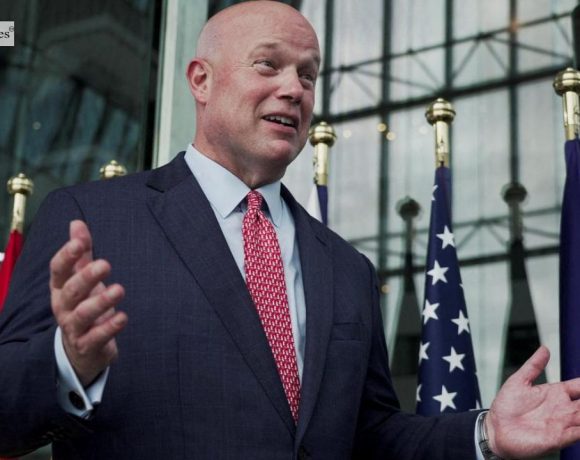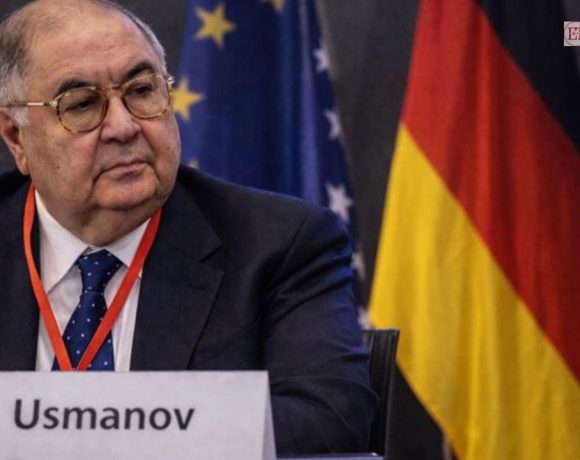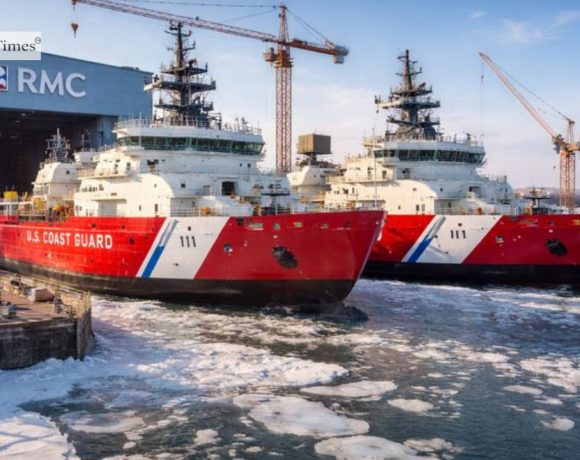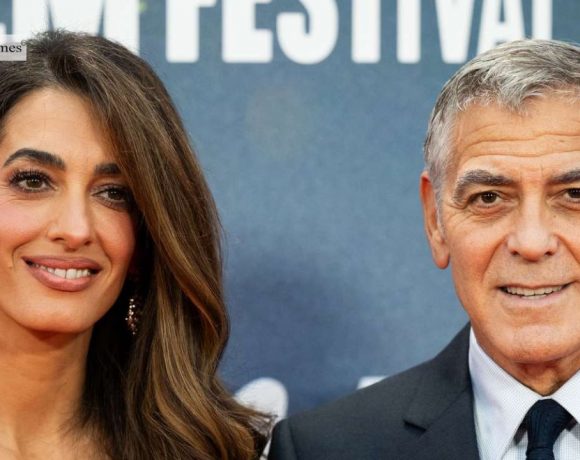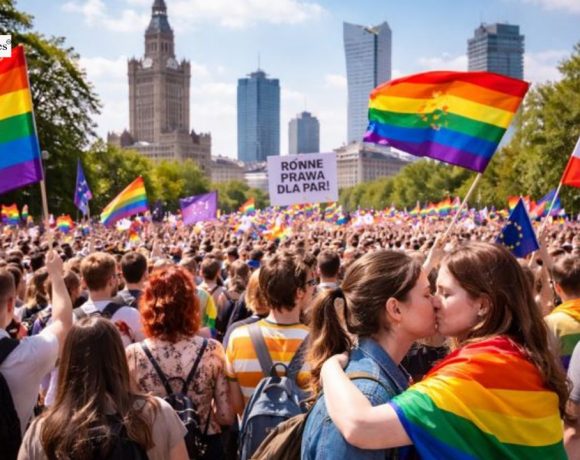
Poland’s government has approved a bill introducing “cohabitation contracts” for couples living together, offering limited legal recognition to same-sex unions in a country with some of the EU’s most restrictive LGBT+ laws. The proposal, backed by Prime Minister Donald Tusk’s administration, allows any two adults, regardless of gender, to formalise their relationship through a notary.
The bill grants rights related to housing, alimony, access to health information, health insurance, care leave, joint tax returns and certain tax exemptions. However, it stops short of legalising same-sex marriage, which remains banned in Poland. Equality Minister Katarzyna Kotula said the government believes the proposal has enough support to pass both houses of parliament.
Reforms on LGBT+ rights have faced resistance from conservative coalition partners and veto threats from right-wing presidents. While LGBT advocacy groups welcomed the step as progress, they expressed disappointment over its limited scope, calling it a modest response to long-standing demands. Despite growing public support, Poland remains one of the most restrictive EU countries on LGBT+ rights.
Pic courtesy: google/ images are subject to copyright

